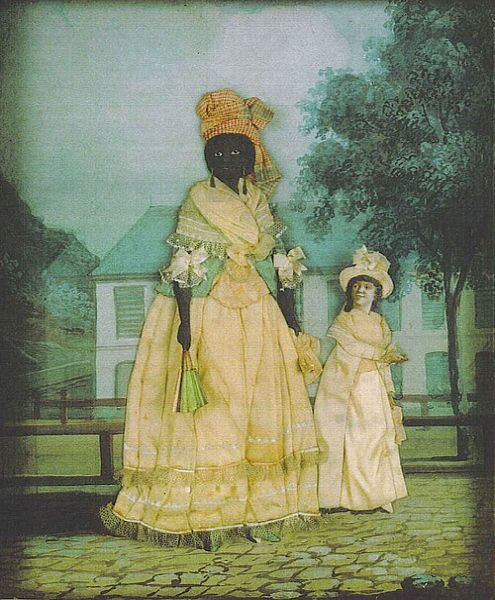As industrialization spread across the United States, it reshaped the lives of free Black people in both the North and the South. After the American Revolution, a few Northern states gradually put an end to slavery. By 1830, only a small number of people in the North were still enslaved. Yet freedom did not bring full rights. Many Northern states passed “black laws” that blocked voting, property rights, and even entry. Cities also saw fierce job competition as factories and new immigrants changed the labor market. That pressure helped spark violence toward many African Americans. In 1829, white mobs raided Black neighborhoods in Cincinnati. Hundreds fled, and some helped found the Wilberforce settlement in Canada. Later riots in cities like New York and Philadelphia brought more loss and fear.
Industrialization increased slavery in the South and linked economies nationwide. This made life more dangerous for free Blacks everywhere. Laws in Southern states, like Mississippi and Arkansas, limited the movement of free people. They often had to carry papers to show their status. Some states forced free Black residents to leave or imposed heavy taxes to prevent them from settling. In parts of the Upper South, free people could own property or run small businesses. However, they faced constant risks like kidnapping, violence, and re-enslavement.

Free African Americans set up institutions to aid in daily life and provide protection. Churches served as meeting places where families shared resources and organized for safety. Black teachers ran small schools to educate children who were barred from public classrooms. In some cities, free Black workers formed groups to buy the freedom of relatives or to help families move north. Newspapers written by Black editors spread information about rights and work opportunities. Free Black communities built support networks to help them survive and adapt. This was crucial during a time of deep inequality and rapid change.
